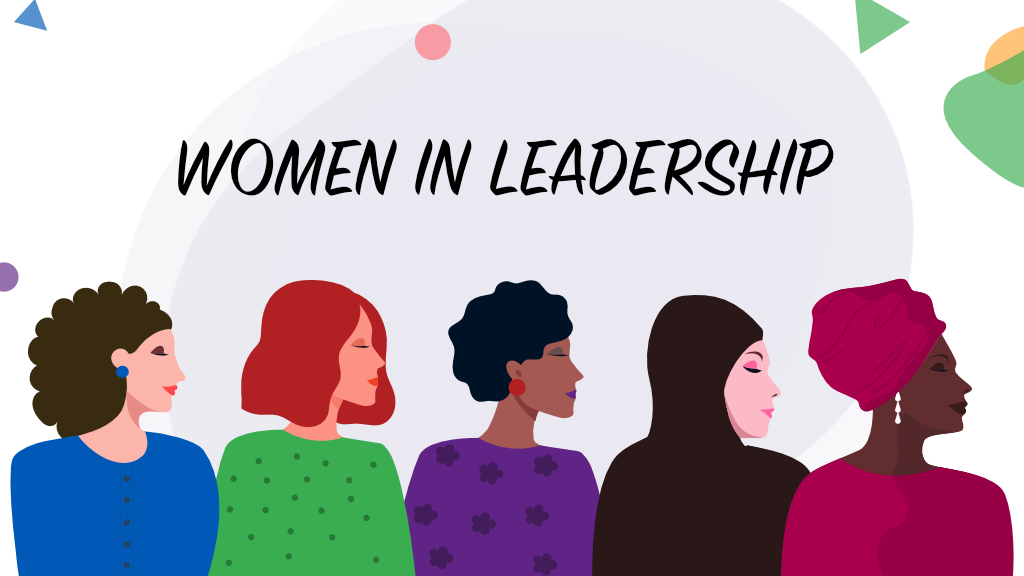In almost all spheres of life and for centuries, women have continued to contest against restrictions and selective rights to significantly contribute to the governance of their societies. Even before the start of the 18th century, when some people sought to change voting laws to allow women vote in elections, many societies around the world viewed women as a weaker gender. This, notwithstanding the spectacular strides some women played in shaping their societies even before the First World War. But global events like the world wars challenged and changed the popular notion of women’s physical and mental inferiority and made it more difficult to maintain that women were, both by constitution and temperament, unfit to vote and be voted for.
In today’s changing world, gender should no longer be a determinant factor in global leadership and corporate management conversations. According to Statista, a total of 58 countries were governed by women between 1960 and 2021. In the last 50 years, 13 countries had more than one female leader. The UN Secretariat’s records show that while women run nearly 21 per cent of ministries across the globe, the rate of women in cabinets stands over 50 per cent in 14 countries. While figures show a significant improvement of women in the representation of their people parliaments around the world, with Rwanda having the highest rate of female parliament members with 61per cent, followed by Cuba and Bolivia with 53 per cent and the United Arab Emirates with 50 per cent, the number of women in national parliament in Nigeria has reduced with only 18 females returning to the 10th National Assembly out of the 378 women that contested for a seat in the 2023 general elections.
With women leading almost all major global institutions: Ngozi Okonjo-Iweala as the DG of the World Trade Organization; Christine Lagarde as the president of the European Central Bank; Kristalina Georgieva as the president of the IMF, among others, it is apt to discuss how to raise and create more opportunities for the next generation of women in leadership.
This conversation is important because female leadership is critical to harness the enormous possibilities in building our societies better. Women bring to bear important leadership qualities such as empathy, compassion, courage and character. Again, women are easily able to succeed with managing complex situations because they are authentic, collaborative, rigorous, results-oriented, and sincere. Our societies need all these attributes that societies need today to rebuild from multiple social crises.
To sustainably nurture the next generation of women in leadership, we must prioritise quality education of the girl-child, ensure girl-child mental wellness, girl-child social security which include protection against abuse and reduction of restrictions, and proper training of the male-child for civilised cultures. Through mentorship, we can expand future female leaders’ leadership skills and sense of civic responsibility as they consider their own character, leadership, and integrity.
The next generation of women in leadership cannot be built through affirmative action alone; they will be nurtured through education, mentorship, equal opportunities, empowerment and social security. More importantly, our society must begin to look beyond gender considerations and stereotypes. A country with balanced gender opportunities is a country that has conquered cultural conditionings against women.
Politically, we must go beyond reserved and restricted positions like women leaders and headship of ministries of women affairs. We need a political reform that makes politics as friendly as will enable every competent and credible citizen – man or woman to freely and fairly participate in the process. In politics, women must, more than ever, understand that since the Age of Liberty (1718-1772) in Sweden, when conditional women’s suffrage came into effect, to the first province to continuously allow women to vote (Pitcairn Islands) from 1838, to Norway as the first sovereign state to grant women the right to vote, down to as recent as Affirmative Action policies across many democracies, power has never been given to women – the freedom to participate, the freedom of expression and the opportunities to make social impacts are created. The women of the future must do more for themselves than they except from the government. And given that the society stands to gain more from credible female leaders, it is upon different constituencies to ensure that women of value are given the opportunities to serve.
Maryam Haruna Lami, President, Faculty of Law, Bingham University, Keffi

 Join Daily Trust WhatsApp Community For Quick Access To News and Happenings Around You.
Join Daily Trust WhatsApp Community For Quick Access To News and Happenings Around You.


